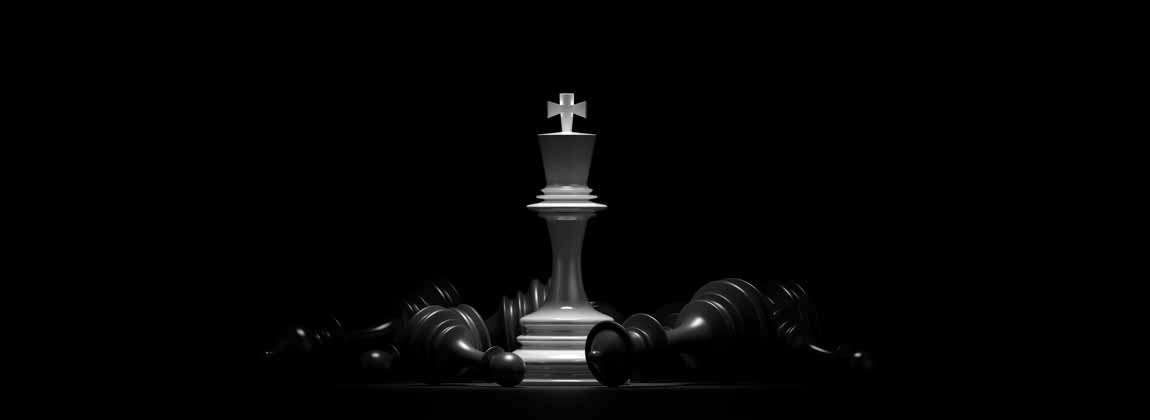Zugzwang in Business: How to Pivot Decisions Effectively

As defined by the Oxford English Dictionary, Zugzwang is a “situation in which the obligation to make a move in one’s turn is a serious, often decisive, disadvantage. In other terms, you have the advantage one moment, but no matter what turn you take next, it changes your fortunes dramatically.
The term comes from chess, where there are certain specific situations that any legal move will create “zugzwang.” You’re winning — and then you’re not — and there is literally nothing you can do about it.
This situation can emerge in business in a variety of ways. You can have a well-developed strategy; implementation can be engaging and you can be hitting all your designated KPIs. Trajectory and vector seem good. But then you might be faced with a Black Swan event or some other unanticipated factor.
These factors can be internal or external. Internally, you might have a team member who doesn’t communicate a critical component back to the team, and you end up working with limited information or incorrect assumptions. Externally, you might have a competitor emerge and leverage a variable or other circumstance that creates a barrier from something you felt was an advantage.
The Obligation to Make a Move
In both cases, any move forward can feel like you are using something that was a distinct advantage, and the result is negative. This can be difficult to understand and react to without making matters worse.
On one hand, you might be able to predict IF something could put you in zugzwang. In that case, the guidance might be to develop mechanisms for quickly changing your strategies or developing an alternate suite of offerings to lean on to restore your competitive advantage.
Another instance may be that you build your offerings to be antifragile around specific IP, compartmentalized so that the individual pieces could be placed in zugzwang, but not the whole. Adjustment there is less turbulent (or panic inducing) because the sum of the parts still represents a competitive advantage (though maybe in a lessor form) regardless of the suboptimal situation created by the more contained zugzwang.
There will always be situations where the next step is the one where the floor drops out. Sometimes being prepared means that you understand that you can’t be completely prepared or always plan for what’s next. But you can be prepared for these things TO happen by being diligent about and aware of the contributing factors of the ecosystems you play in. By understanding the landscape strategically and holistically, you can shift a singular zugzwang into a learning experience to prevent recurrence and increase the predictability of circumstances that could lead in that direction in the future.
Zugzwang is German for “compulsion to move.” So, the remedy is to act in non-compulsive ways leading up to the moment of no-return. It may just be the nature of the game, but there are predictive and preventative measures that can be put in place to assure that every move you make has an outcome that you can — at a minimum — learn from.
Find these tips useful? Learn more tricks on how to maximize the potential of your business through The Partnership’s Small Business Resources Hub.
Joe Benesh
Joe Benesh is the President and CEO of The Ingenuity Company, located in Des Moines. The Ingenuity Company specializes in Strategic Planning, Diagramming, Organizational Design Thinking, and Leadership/Change Facilitation. He also teaches strategic planning at the University of Iowa in the MBA Program.